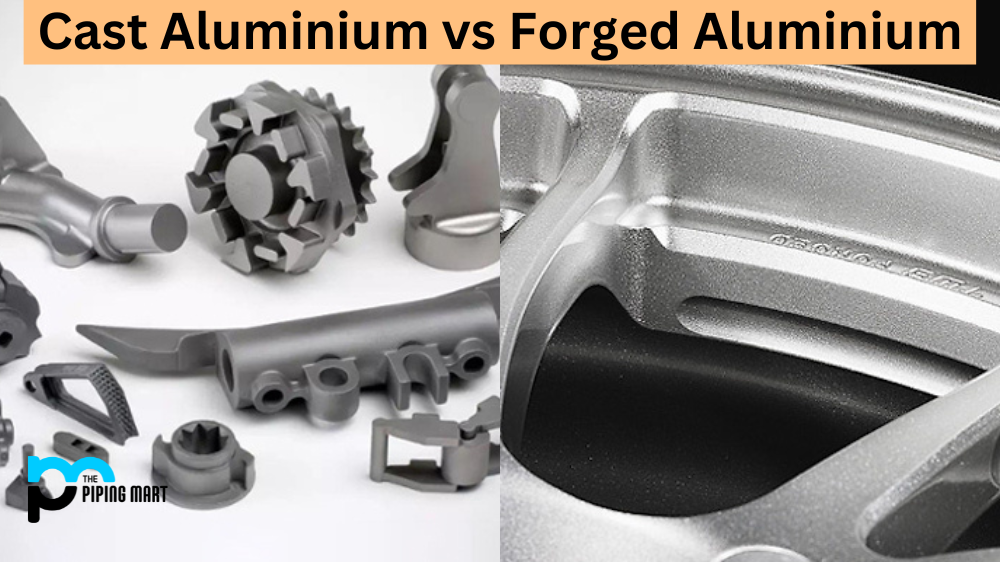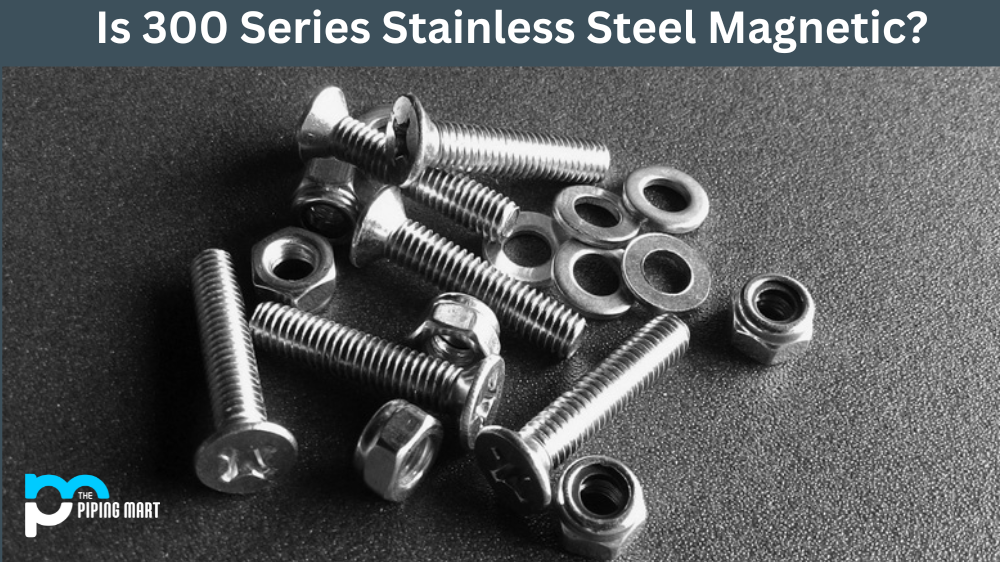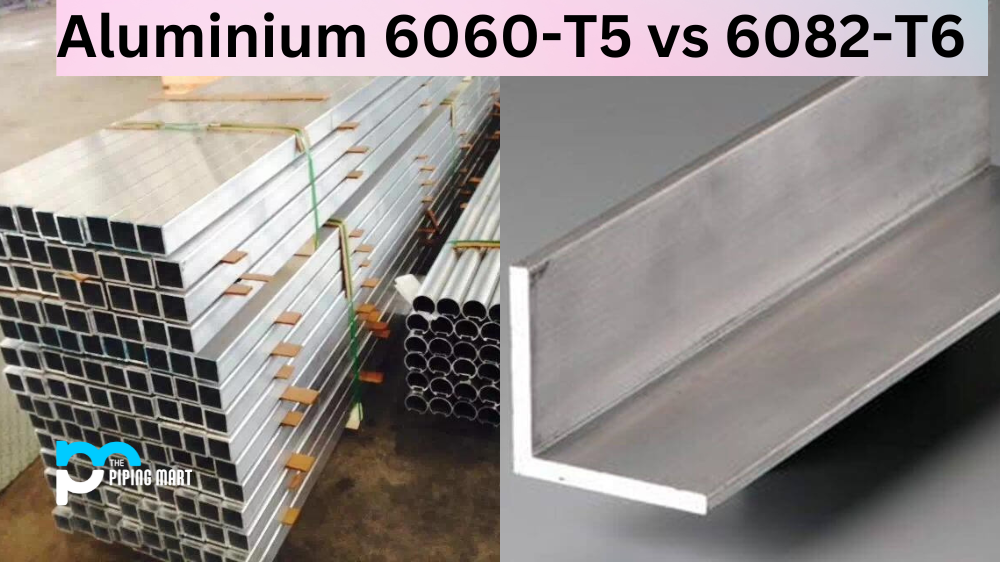When it comes to aluminium, there are two main types you should know about: cast aluminum and forged aluminum. But what’s the difference between them, and which one is the right choice for your project? Let’s take a closer look at both of these alloys to find out.
Cast Aluminium
Cast aluminium is made by pouring molten aluminum into a mould. This process is relatively affordable and quite common in the manufacturing industry. The end result of this process is a lightweight alloy that can easily be machined or stamped into various shapes and forms. It’s also incredibly durable, with high resistance to corrosion, making it perfect for outdoor applications such as roofing or window frames.
Forged Aluminium
Forged aluminium is created through a much more complicated process than cast aluminum. In this method, an ingot of pure aluminum alloy is heated until it reaches its melting point before being shaped into its desired form using powerful hammers or presses. This results in a much stronger product that can withstand higher temperatures and pressures without breaking down. It’s one of the most versatile materials out there, often found in auto parts, aerospace components, tools, cookware, and even furniture!
Difference Between Cast Aluminium and Forged Aluminium
Strength
Forged aluminium is stronger than cast aluminum because it is less likely to crack or break under high stress. Forged aluminum is also more resistant to wear and tear.
Durability
Forged aluminum is more durable than cast aluminum because it is less likely to crack or break. Forged aluminum is also more resistant to corrosion.
Weight
Forged aluminum is lighter than cast aluminum because it has a lower density. This makes forged aluminum ideal for applications where weight is a concern, such as in aircraft construction.
Cost
Forged aluminum is more expensive than cast aluminum because it requires more time and labour to produce.
Appearance
Forged aluminum has a smoother, more polished appearance than cast aluminum.
Conclusion:
As you can see, both cast and forged aluminum have their own unique advantages when it comes to metalworking projects. If you need an alloy with excellent strength and durability for heavy-duty applications like construction projects or automotive parts, then forged aluminum is likely your best bet. On the other hand, if you need something lighter but still strong enough for outdoor use, such as window frames or roofing material, then cast aluminium may be just what you need. Whichever type of aluminium you choose for your project, make sure that you do your research so that you select the best option for your needs!

Abhishek is a seasoned blogger and industry expert, sharing his insights and knowledge on various topics. With his research, Abhishek offers valuable insights and tips for professionals and enthusiasts. Follow him for expert advice on the latest trends and developments in the metal industry.




